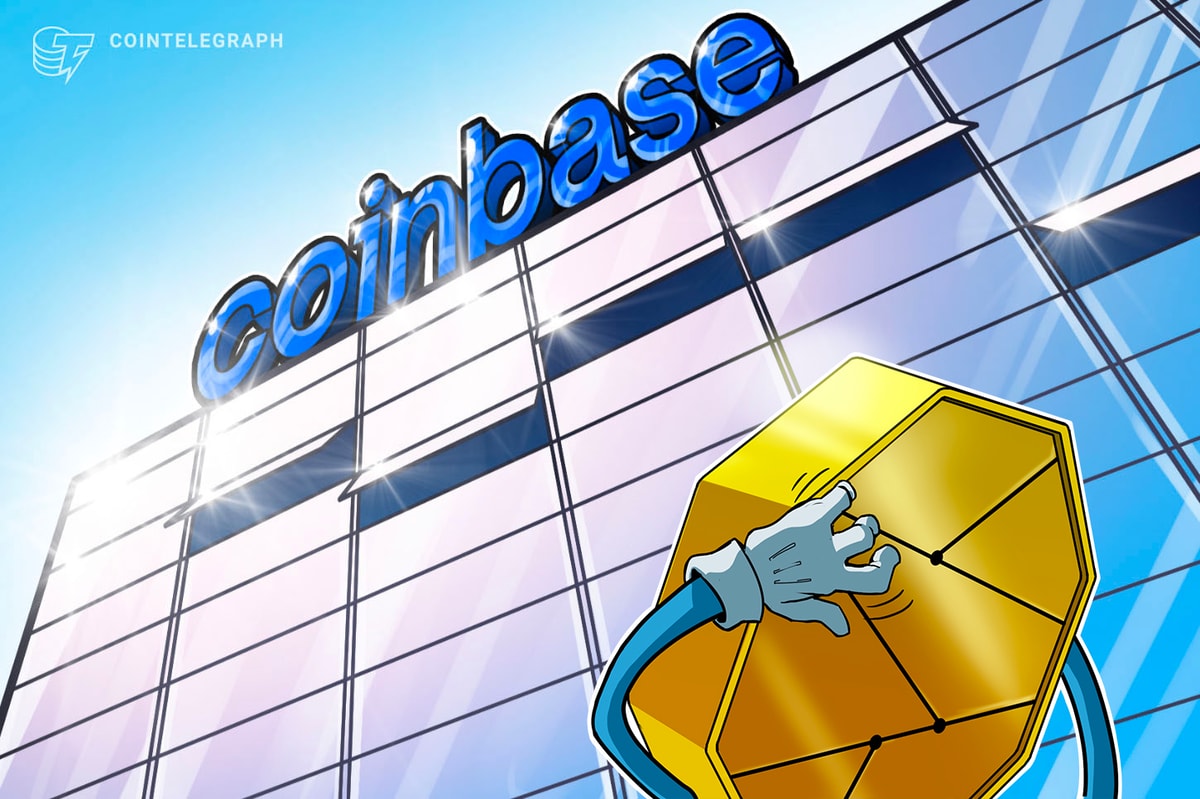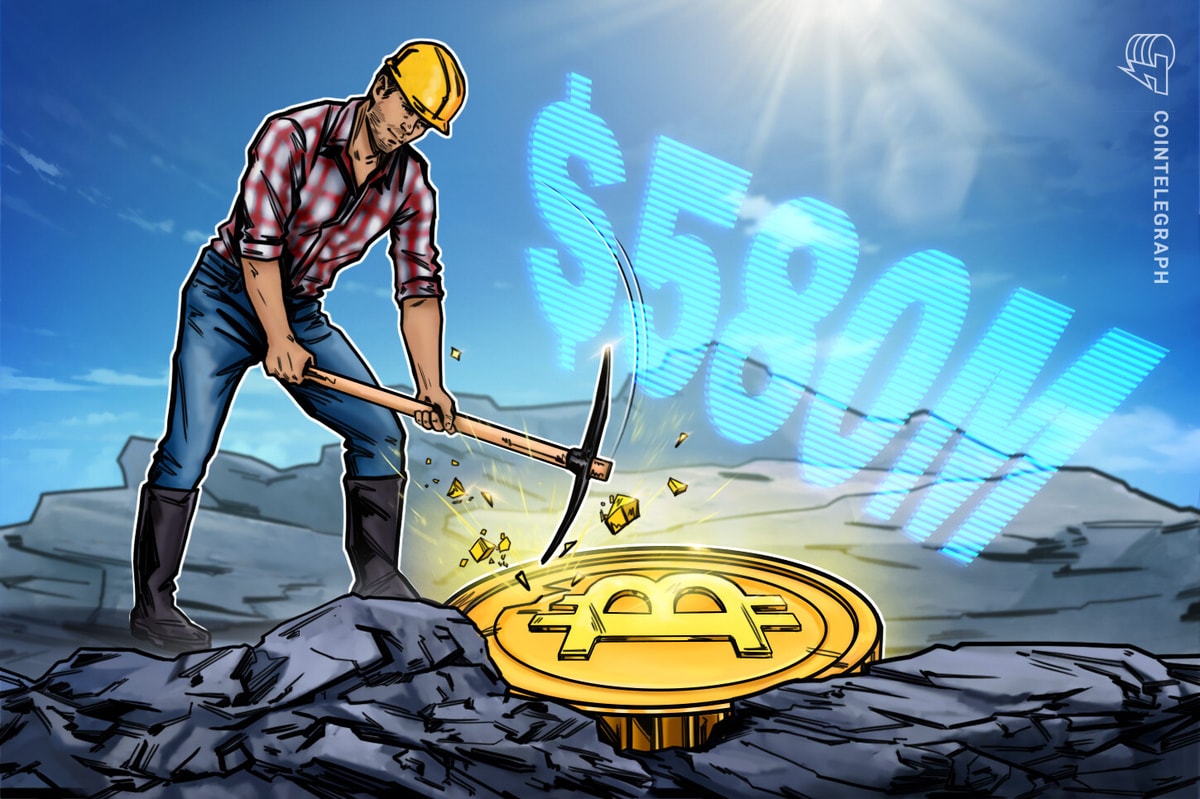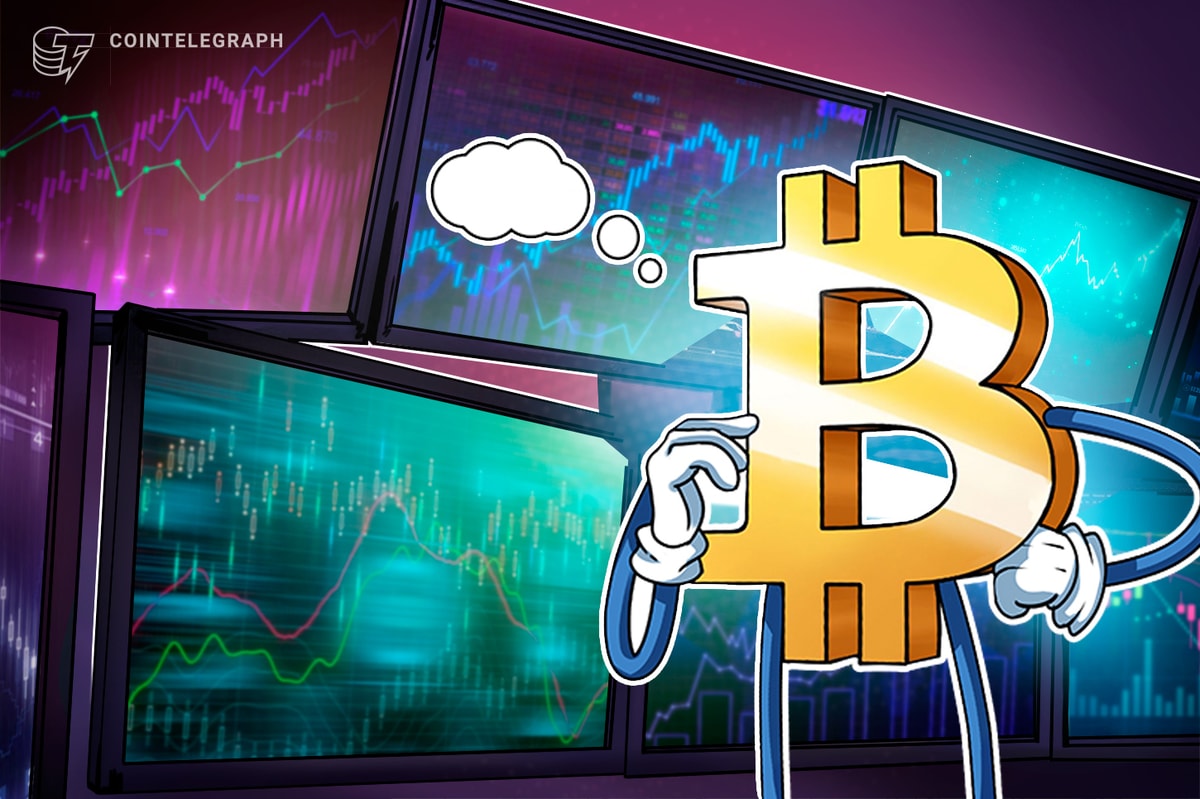GameStop's Roaring Kitty, the trader behind the GameStop (GME) meme stock frenzy, is dominating the headlines following his first YouTube livestream in three years.
During the June 7 livestream, Roaring Kitty revealed his portfolio and announced that he was down $235 million, as GameStop shares fell sharply from the previous day's close of around $46 to a low of around $26. Shares of GameStop are trading around $28 at the time of this writing.
The meme trader, whose real name is Keith Gill, also disclosed that he had call options on 12 million shares of Gamestop's stock.
Roaring Kitty announced his livestream on June 6 by scheduling a YouTube video for the following day. On that day, shares of GameStop jumped from $32 to $46.55, with aftermarket trades reaching a staggering $61.27.

Using the aftermarket price, Roaring Kitty was widely projected to become a billionaire based solely on his position in GameStop. The only condition was that market trading on June 7 would have to mthe same price levels as the prior day’s aftermarket hours.
Related: Roaring Kitty’s GameStop gains soar to $300M, billionaire status near.
Gill now faces several challenges. He would need $240 million in cash to exercise the call options and cannot sell them due to the market backlash this would create against him. He could opt to sell his GameStop shares to acquire cash for the call options, but this would bring down the price of the stock.
Outside financing would likewise cause problems for the already scrutinized meme trader, who testified before Congress in 2021 following the aftermath of the original GameStop stock pump. At the time, Gill told lawmakers that he believed GameStop’s price was undervalued and maintained his assertion that the company would experience a rebirth.
The trader is also facing pressure from institutional players and platforms like E*trade, which announced that it may remove Roaring Kitty from its platform due to market manipulation concerns.
Trading for GameStop shares was reportedly halted six times on June 7 due to extreme price volatility. The GameStop company was even forced to issue a letter noting that the sharp rise in its stock was not due to the underlying performance of the company.
Magazine: The $2,500 doco about FTX collapse on Amazon Prime… with help from mom.











